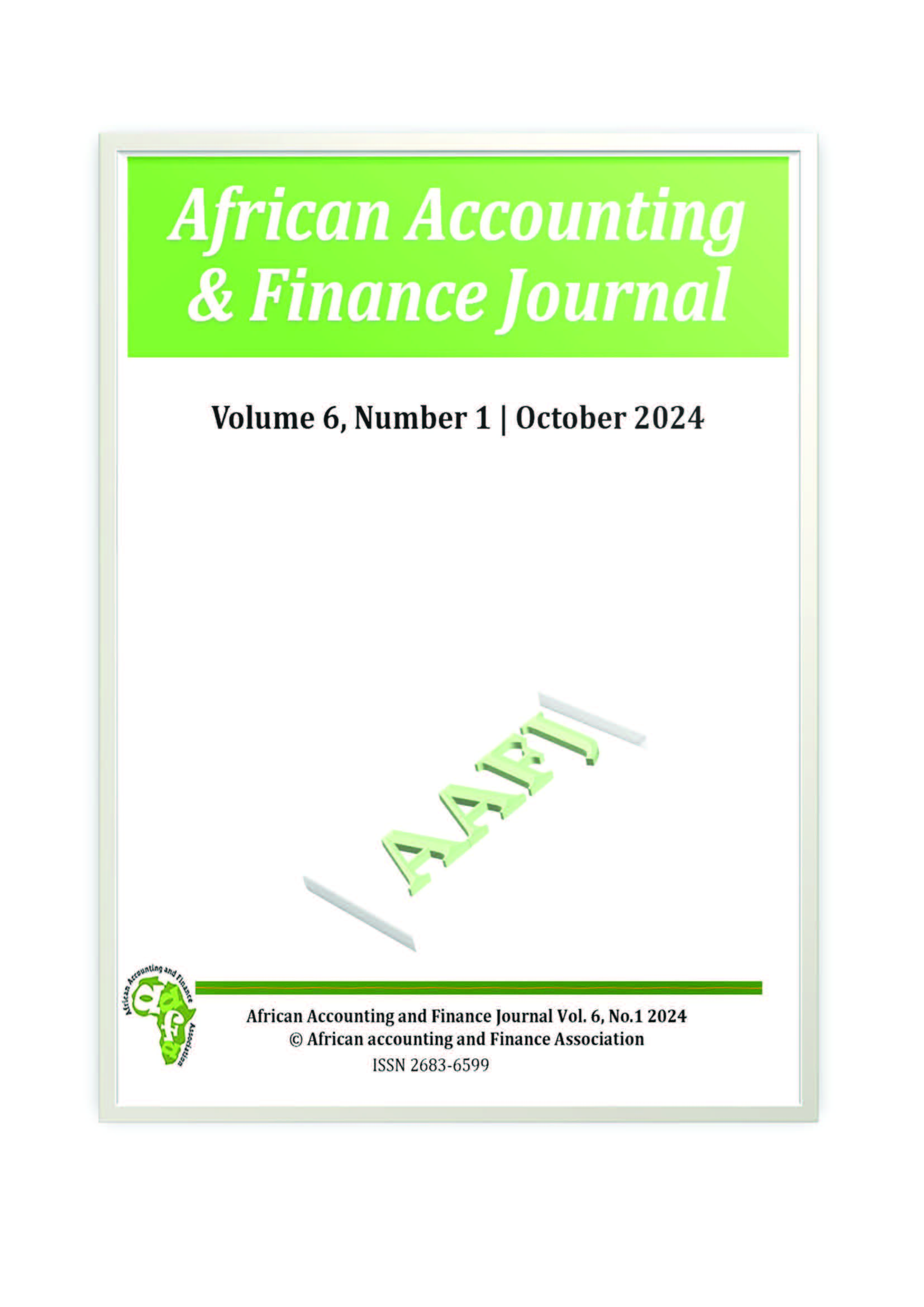Epistemic freedom and situated theoretical perspectives in accounting research in African contexts
DOI:
https://doi.org/10.26686/aafj.v6i1.9682Keywords:
Epistemic freedomAbstract
Purpose: This essay advocates for epistemic freedom and the development of situated theoretical perspectives in accounting research relevant to African contexts. The paper underscores the urgent need to move away from the dominance of Global North frameworks, which often impose ethnocentric perspectives on African accounting practices, and foster research grounded in Africa's socio-political, economic, and cultural realities. The essay argues for the critical need for context-specific theorising in African accounting informed by African intellectual traditions.
Methodology: The paper is a reflective essay that intends to decolonise the study of accounting in Africa, allowing for more relevant and diverse insights into the continent's accounting practices and phenomena. It encourages African scholars to embrace their own intellectual heritage and contribute original, contextually grounded theories to the field.
Findings: The essay outlines that despite the increasing attention paid to African contexts, most accounting and finance research on Africa applies Global North theoretical frameworks without considering African countries' specific socio-cultural and political contexts. This results in a limited understanding of Africa’s accounting and finance practices and phenomena. The findings highlight the importance of African scholars taking inspiration from local intellectual traditions, philosophers, and social theorists to develop more relevant theoretical frameworks. The paper suggests drawing upon frameworks from prominent African intellectuals to shape more relevant and contextually grounded research.
Implications (optional): By advocating epistemic freedom, the paper encourages African scholars to rethink and reshape accounting theories to suit their contexts better, resisting the colonial legacy in academic research. The paper finally calls for a decolonial approach to finance and accounting research, urging a shift from the imposition of Global North theories to creating knowledge that reflects Africa’s realities.
Originality: This essay's originality lies in its emphasis on decolonising accounting research by fostering situated theoretical perspectives based on African contexts. It highlights the gap in African accounting research and proposes a movement toward epistemic freedom. Furthermore, it advocates for embracing African philosophical and intellectual contributions, a novel approach that challenges the dominant Global North paradigms in accounting research.
Downloads
Downloads
Published
Issue
Section
License
Papers and contributions become the legal copyright of African Accounting and Finance Association unless otherwise agreed



